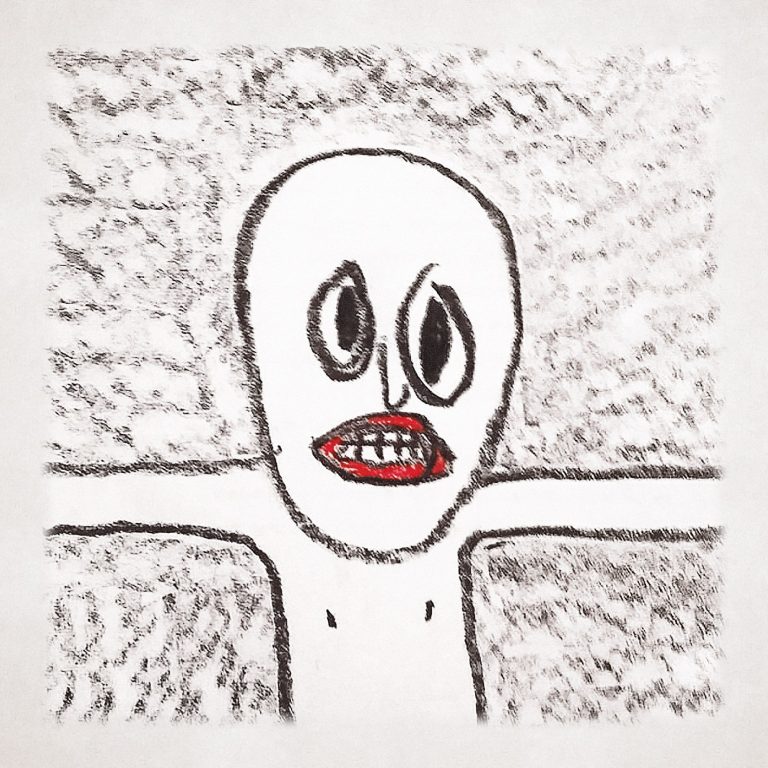A Western Circular is the first album released under the moniker Wilma Archer, but Will Archer is by no means a newcomer. Having put out several releases of blended pop songs as Slime, the songwriter has recently contributed to albums by Sudan Archives and Nilüfer Yanya, which shows the breadth of his palette – but A Western Circular feels like his first work that truly expresses his own emotions, even though his voice isn’t on it.
It’s said to be an exploration of Archer’s experiences with life and death, and the use of jazz instrumentation and spacious atmospherics allow us to breathe inside this psyche. He has used a set of instruments that allow a range of textures, and the way that he has arranged them allows for a brilliant intermingling of light and dark, gliding seamlessly from one to the next like a canoe flowing from a rough tributary into a placid lake; the vessel is the same but the atmosphere has completely shifted.
The album’s first proper track “Scarecrow” is a perfect example of this, riding finger-picked upright bass into a blissful wash of guitars and melodious washes of horns and guitars. Rather than allow us to sit and appreciate this for too long, Archer keeps “Scarecrow” moving into a thicket of whining brass, before concluding on an ascendant set of wordless vocals. “Killing Crab” is a jauntier instrumental affair, with waltzing and twirling violins suggesting something much more stately than its title – until it reaches its playfully clattering final minutes. “Cures & Wounds”, with its sweeping violins and resonating chimes, feels like a salve made sonic, especially when the chorus of soothing voices enters.
The guest vocalists are likely to be the songs that attract people initially, and like all good collaborations Archer has found fertile middle grounds in which his instrumentation and their voices meet. The elusive MF DOOM pops up to deliver a characterful couple of bars over the light beat of “Last Sniff”, while Archer’s string arrangements cut and swoop all around, coming together in unexpectedly slick synchronicity. On “Cheater”, Archer matches Sudan Archives’ honeyed vocals with a more up-front beat and extroverted arrangements, allowing the singer to nimbly pick her way through these melodies, leading to a heated finale where zigging synths cross over zagging horns.
The star guest is Future Islands’ Samuel T. Herring, who makes two appearances. Far from the gleaming brightness of his main band’s work, Herring’s heartfelt growl feels just as powerful here, with Archer’s production suiting him to a tee. A Western Circular’s centrepiece is the gorgeous “The Boon”, where Herring’s voice melts into echoing guitar and light horns, describing the beautiful haze of a setting sun, and the bittersweetness of the singer’s voice has never felt more poignant. Herring’s second turn comes on “Decades”, where he duets with Laura Groves, Archer once again playing up the romanticism of his burr with a backbone of accordion-like synths and spiralling backing vocals, giving us a gorgeously rose-tinted view of the world.
Considering Archer’s best-known work is behind the scenes, his name is unlikely to draw people in, and A Western Circular is likely to remain a curiosity – but it deserves much more than that. Here we have a gleaming, respiring and perspiring ode to the joy and pain of life, the looming shadow of death – and the importance that it gives to our daily struggles. All of these ideas are packaged up in lovingly arranged and sung art-pop songs, which sound as breezy and warm as an evening sitting out on the seafront with some close friends. If A Western Circular is destined not to reach the legion of people it deserves to, it will at least be a treasure for those who do come across it – and there’s a placidity and equanimity to the sound of the album that suggests that’s just fine for Will Archer.


